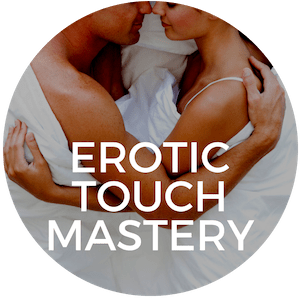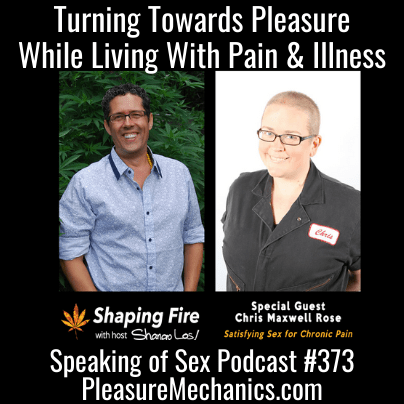★ We recently “got in bed” with the incredible team of erotic educators at Beducated.com – they reached out to us and asked to include our two raciest courses in their amazing library of online courses.
They offer an incredible suite of courses under one membership, so jump in and get started tonight!



